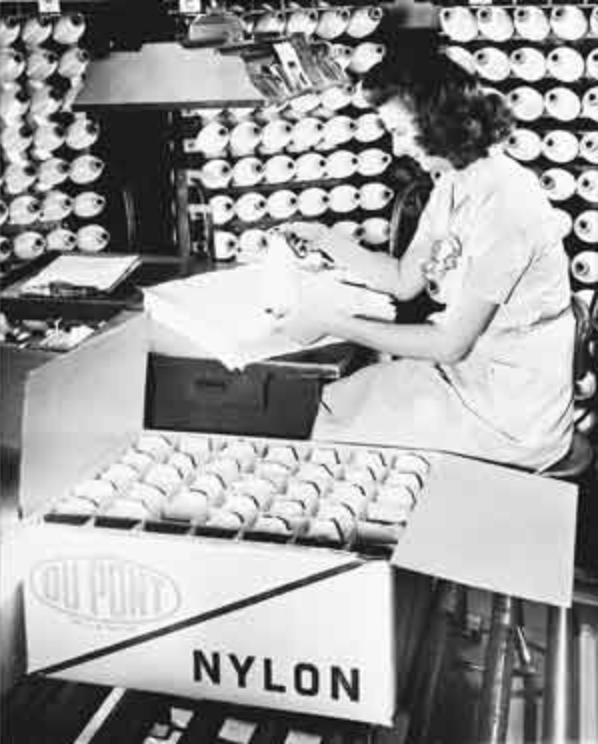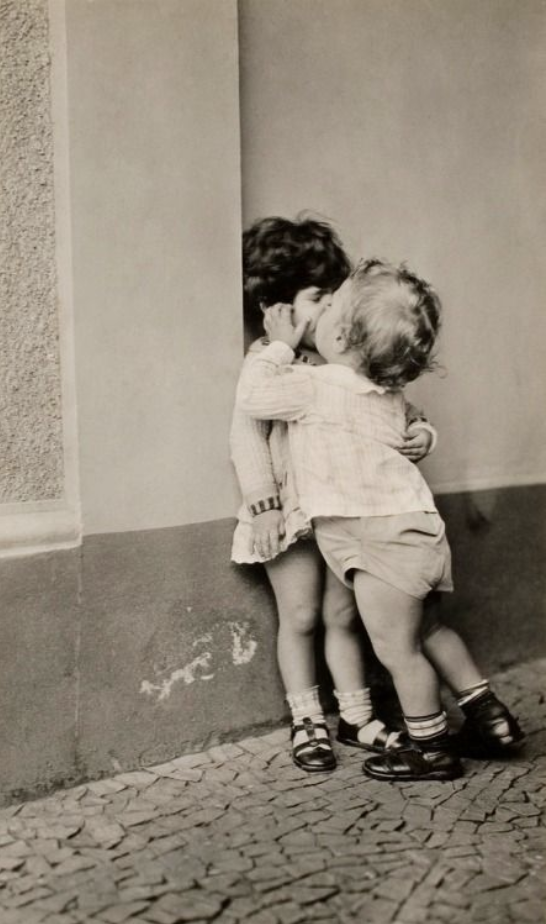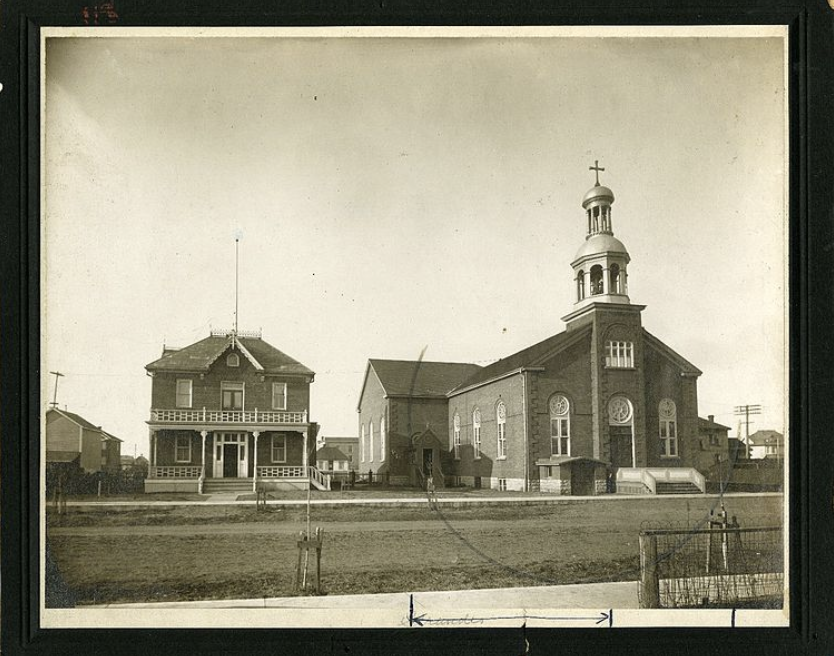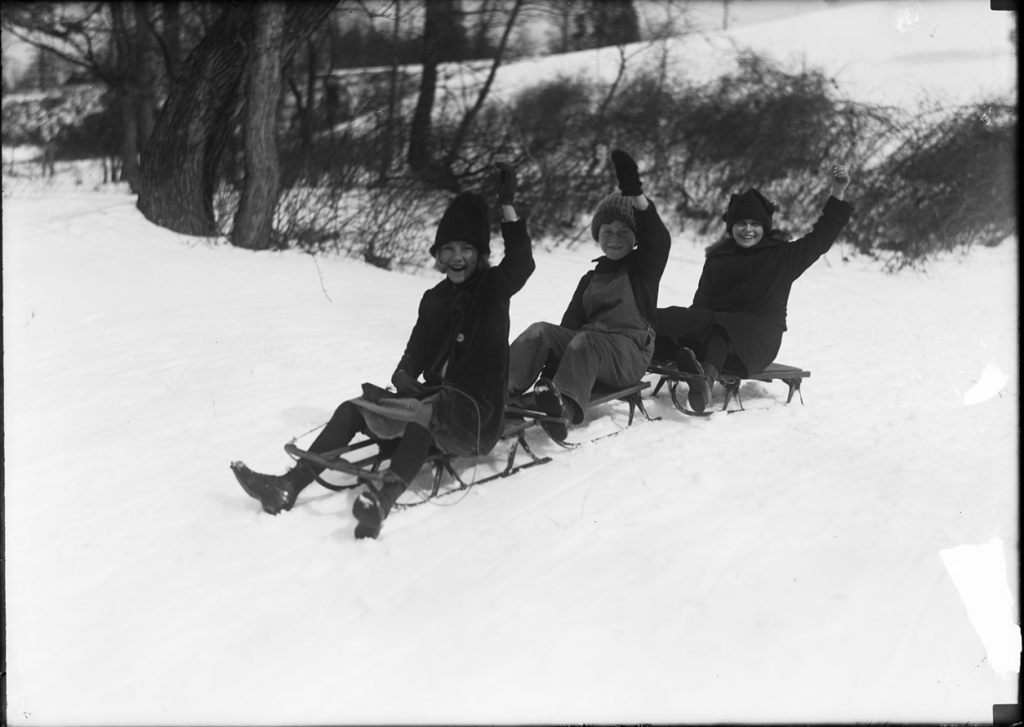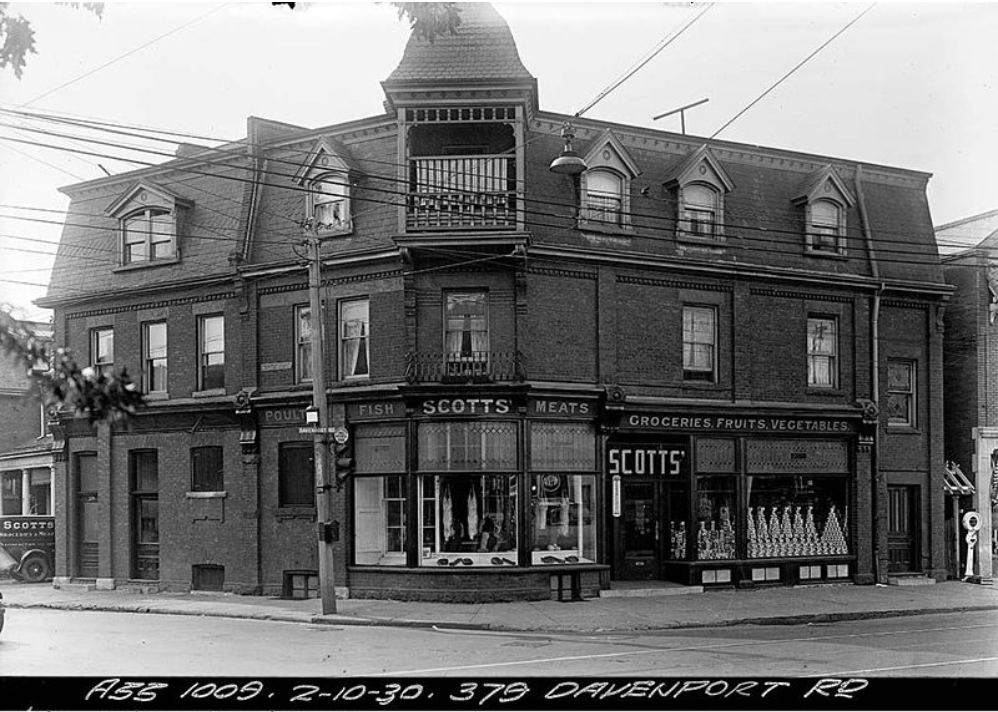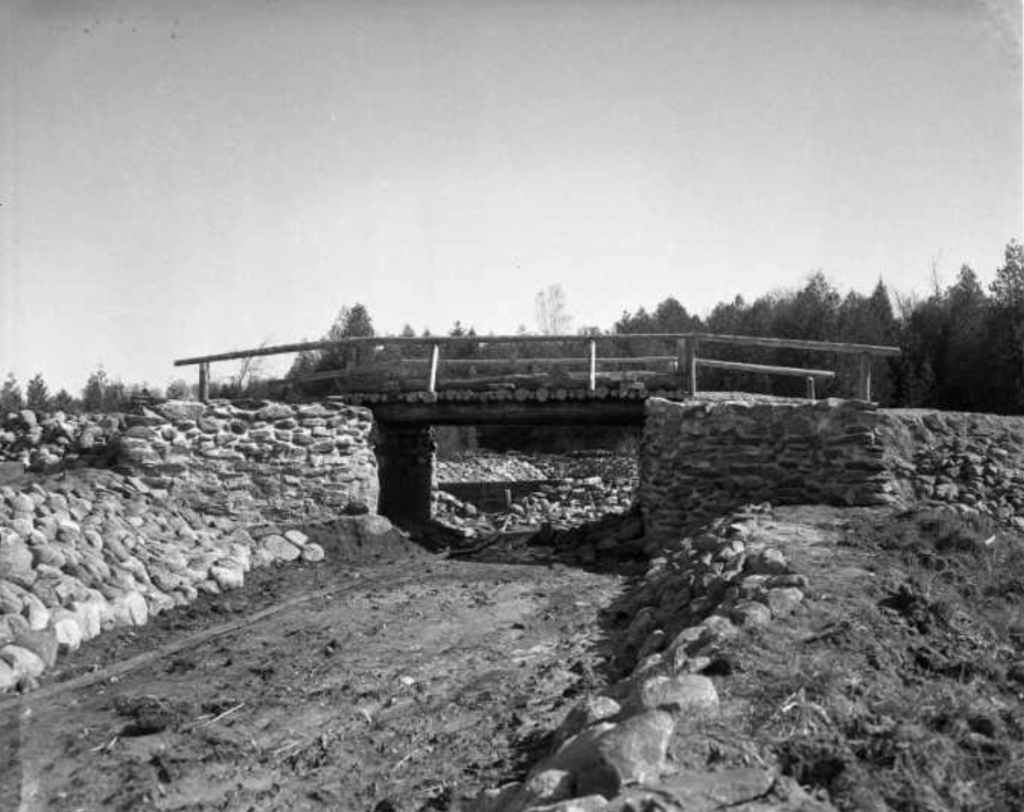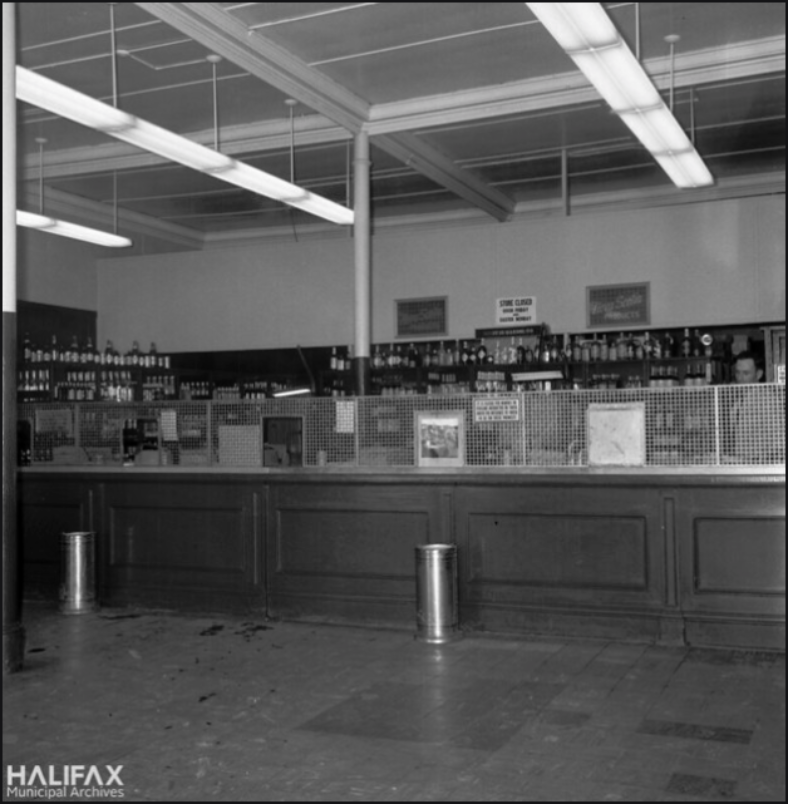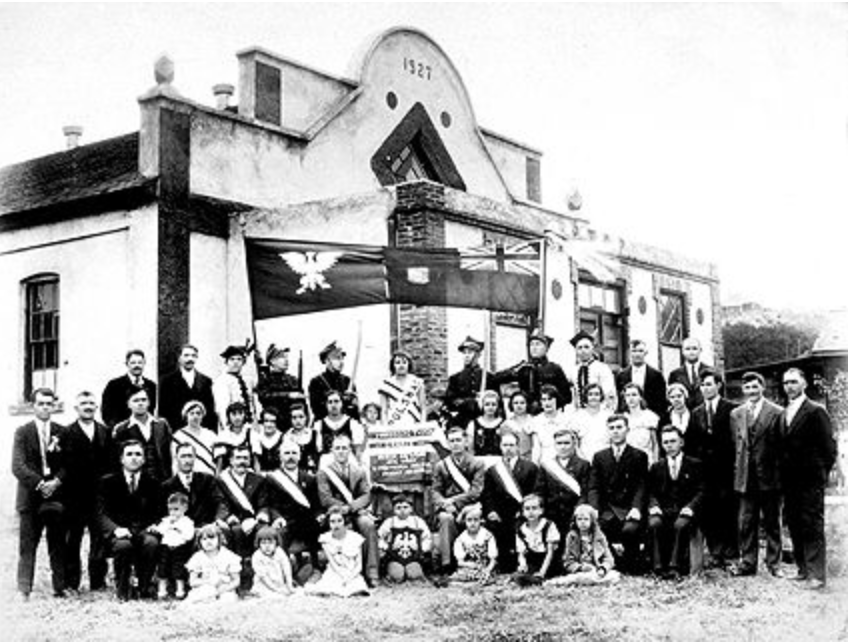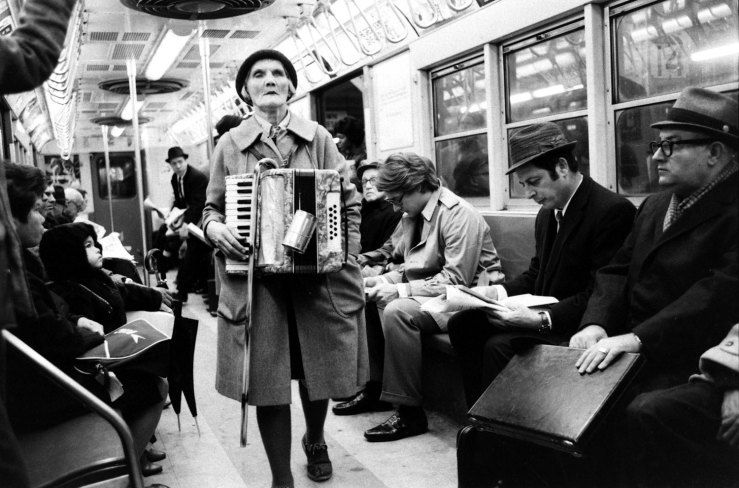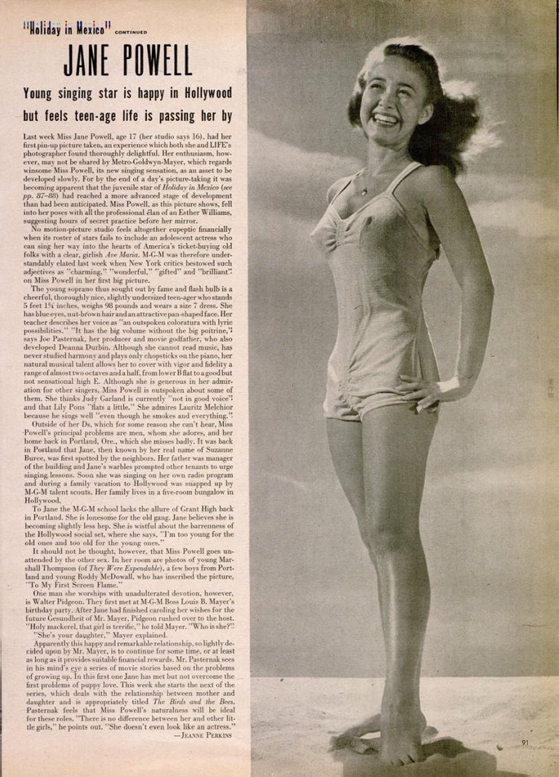Childhood Memories
Camp Trouble
Well my aunt Catherine was a nurse with very advanced ideas. She would come and visit every once in a while, she was a nurse for a public school in Montana. She convinced my mother that my sister and I should go to camp during the summer…that we should get away, it would help our independence, that we would learn how to swim, that we would learn how to cope, etc. She had this whole spiel. My mother was not good at sending us to strange places or doing anything on our own, but she convinced my mother, so my sister and I went to this camp. This is a church camp.
Alright, we’re only about the second day or so. There was this woman who was in charge of all the students. There must’ve been 18 girls and boys, and she had some teenagers helping her. Only thing she didn’t do was supervise the kids in any way, during the day or night.
At night, we were 6 or 7 in a cabin. We had to be in bed at a certain time. One night in the dark, I climbed out of the window of my cabin. I wandered away, far away. I don’t know where I am. And this is a deserted camp! The closest place you can get help is a ranger station where they look for forest fires in a tower up there. Other than that you’re on your own! We didn’t have a car. We had a couple horses, and we’d fight over who would ride them.
Anyway, I’m wandering around most of the night. Finally I came across a camp, a men’s camp, where they were mining and blowing up things. I said, “Sorry I’m lost. Could you get me back to where I belong, point me back in the right direction?” I’m really old enough to know better at this point, I’m like 10. The man said, “Sure I can do that.” He was really nice and did get me back. Which is Holy Hallelujah! It had never crossed my mind that it was dangerous thing to do… Holy Hallelujah!
But when I got home, my mother never let me and my sister out of my sight. My sister was better than me, but we couldn’t be trusted. That’s not the first time in my life that i’ve done really stupid things. I’ve been just lucky that I didn’t get into worst situations.

Best Friend
Do you remember, Krisanthy? -Her mother was my best friend when I was young. We did everything together. We went to the movies, and we’d watch movies, separately with our own families, but then we’d come together and walk down the street and recite the dialogues. When you’re a child you remember everything, so we used to do that. We learned how to ride bicycles together…
But later in high school, we separated. I had my friends and she had hers. But as a child she was my best friend. We saw each other nearly every day, she lived up the street from me in Montana. They were a Greek family, she lived with a bunch of aunts and uncles. There weren’t a lot of Greeks in Montana, but it seems they were all in Billings. We didn’t have a church, we weren’t big enough for a church. We have to get a priest to come and do a sermon. They would come to an uncle’s home.
I don’t keep in touch with her anymore, she died a long time ago. She used to say, you’re parents both died of cancer, you better be careful Nellie. But she actually died from cancer a long time ago…so you never know.

Traveling Adventures
I think the most interesting trip I’ve been on was in Egypt. We had just been to the Middle East, just came from Jordan. The thing that struck me that was so interesting about it was that Egyptians are Arabs, and yet they are an entirely different people. They don’t sing, they don’t dance, they don’t play music, they can’t do any of those things because it’s against their religion. Even if they have weddings they have to bring in Christian people to do the music. They can’t don’t do any of that stuff. So I always thought their lives seemed so dreary, let’s put it that way. This is why they make up all this drama within the family because they don’t have anything else interesting to do. So they foment, have disputes, and fight.
Despite that, the Egyptians were always happy to see you, everywhere we went. One place we went, this guy did this dance, where they would whirl around, mystic…whirling dervish. They whirl around until they’re so dizzy that they’re still upright but out of it. It seemed like such a religious experience. For them it really was. They are communicating. I don’t even know if they believe in God or whatever, but it just struck me as so different. I thought the whole experience was absolutely fascinating.
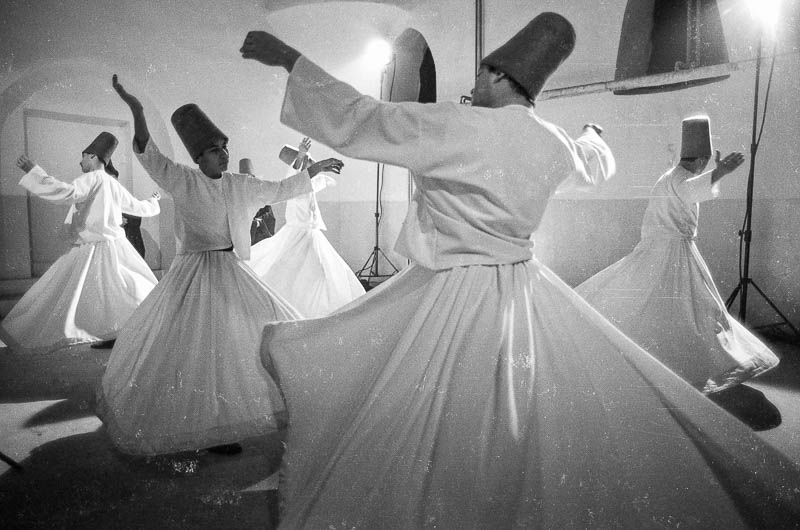
We had an experience in Greece, when we first driving to Eleni. We were looking for the place we were staying. We stopped at a church to ask these people outside the church. So I said to this woman, “Do you know where this is?” And the woman comes up to me and take the hat off my head and walks away. Turns out they were gypsies. Gypsies in Europe are allowed to camp in churches, one night only. They were washing up and getting ready to leave. I thought they were just apart of what the church was doing.
Meeting Munzer
I met Munzer at International House at Columbia University. The Juilliard students would go to International House at the end of the dinners. International students lived there and paid a fee to live and dine there. But they didn’t always show up for dinner. We would then go in and eat whatever was left over. What all college students do, especially musicians! Anyway, I’m there waiting for a friend of mine, Ellen, we were going to go together to have dinner. She never showed up, but then I met him. So that was the first time. We just met scrounging food!

The Lion’s Den was our favorite local hang out. It was on the Columbia campus. It’s just a place where Columbia people could meet. I think the football team is the Lions, the mascot.
The Lion’s Den was the name of a student lounge in Ferris Booth Hall. Before Ferris Booth Hall, the Lion’s Den was the name of the student pub in John Jay Hall, which is now called JJ’s Place.
I took him to see the Juilliard Quartet once. He didn’t fall asleep to it, but he thought they were drunk, because they were swaying to the music. He thought they were drunk! He had some interesting things to say about music though. He decided to take an Acoustics course at Columbia, and he successfully completed it. And then he told me “Now I know everything about music.”
Getting a Handle on Marriage
I wish I knew more about men before I got married. My father was a very gentle, compliant person. My mother was the one who would discipline us. I didn’t date in high school, and rarely in college. I was more interested in doing my thing, learning whatever it was. So when I got married, I just couldn’t get a handle. What was this guy, you know? I really didn’t understand what on earth was going on. I got pregnant immediately, well before the marriage really. We got married because of that. And then I had another one and another, four them in five years. And I didn’t know anything, it was chaos! Anyway, I wish I had known more when I got married. I always admire women nowadays, this generation, women are older. I was 23 when I got married, but I might as well have been 16, according to my sister too. My sister also thought I was way way way too ignorant about social things. It’s true too, she was way ahead of me.
Raising a Family
Nightmare Poconos Tradition
There was one family tradition that was not at all a pleasant of one for me, but for the children. We used to go once a year to a reunion of people we went to school with. One of the families had a camp outside of New York up in the Poconos. We drove there, it was a long driving trip, we had the four kids in the back of the car on this long trip. And we get there, and you have to constantly watch them in the wild. In this cabin, that’s not really very comfortable. Because they believe in making it as uncomfortable as possible, you know these people with money, they think they’re getting a rustic vacation. But you have to constantly watch the four kids that they don’t drown in the damn pond out there, that they don’t eat anything they shouldn’t, that they aren’t picking things off the trees to eat.. For me, it was a nightmare! But it was a family tradition…that I wish never happened.

Raising a Family in Signal Mountain
We went to Signal Mountain because we only had 2 choices. At that time there wasn’t much building going on. We were one of the first transfers from Dupont to go there. Lookout Mountain and Signal Mountain were the only two places where they were building houses. We chose Signal Mountain because the house was half built already. We were under time constraint. We came in the summer and Munzer had already started working at Dupont. We were living in a motel, the 6 of us, and Dupont is paying for this. So we were under time constraint and we got the house that was already half done. There weren’t many houses that were even big enough for us, because we had 4 kids. So we needed a larger than average house.
This is the one we picked, we didn’t really choose it, the house chose us. We painted the extra paint job, painted it yellow. But when it came to picking the flooring, tiles. They said, pick one, first one – nope, don’t have it, second one – nope, don’t have it. So I said, “Why don’t you show me what you do have…”
We were sent there. They sent the technical and creative people like him to experience the plant-level. They were making this beautiful fabric that was going on the market. They thought they should know something about plant problems. So we were sent here for 3 years to get some experience. We were supposed to go back, but in those 3 years, everything happened at Dupont. All the patents gave out, or were about to give out. Nylon and other fabric, all these fabric patents gave out and everyone could make them. And also, cotton was finally getting its act together. It used to be awful because cotton was difficult to iron, to get the wrinkles out of it. Cotton would wrinkle so badly. They had finally fixed the wrinkle problem with cotton and so cotton was coming back while these patents were giving out. So Dupont needed some new patents.
They went into building material, all this stuff that you see, Tyvek, that’s one of them, but not fabric anymore, which was Munzer was working on. So we got stuck here, doing basically quality control for what was coming out of that plant. Gradually, Dupont got worse. Now that plant is closed and Dallas has taken over Dupont, and it doesn’t even exist anymore.
In 1935, nylon was discovered, the world’s first true synthetic fiber and one of DuPont’s most successful products. The Dupont Chattanooga manufacturing plant closed down in 2015, 60 years after it was built.
We were supposed to go there for 3 years maximum! But we spent the rest of our lives there. We’ve been there for 52 years! I’ve had some horrible experiences there. I had to deal with the fact that when you go to the bank, they treat you like dirt because you’re not a man, even though the teller was was a woman who was waiting on you. Everywhere you go, it’s the same type of thing! Anyway, I never liked this place. But Munzer loved it there. You know, it was green and he had friends. He still has many friends. Of course we have a lot of good memories about the house and the experiences we had there too…
But I hated the schools there, the schools were lousy. My daughter was going into 8th grade and reading the same book she had two years ago! We sent the boys to private school, so at least they got an education. Delal, we came up when she was in 8th grade, and the cutoff was 7th grade at the Girls Preparatory School, so there wasn’t any opening at the school. And we were up to here in debt, so she never went to private school. She was happy though, she never wanted to go. But not only that, when she got to Wisconsin, she realized she didn’t have enough science background to take chemistry or any kind of science topic she wanted to study in the beginning. So she ended up taking Psychology, that was her major, Psychology. Everything is so poorly prepared here.
I think you learn a lot from children, especially if you’ve had no experience raising children. I had my brother who was ten years younger than me, but he was just there, I paid no attention. But when I had my own I had to pay attention. You learn so many things. You learn that every kid is different and they learn differently. I think their experience in school is what gave me an idea of how poorly most teachers are at educating children. They’ll teach them by rote, they teach them in a particular way, and if they don’t conform to that then they are thought to be stupid or not able to learn. And I don’t think things have changed much. There are new things to learn, but it’s still same old, same old.
Sharing stories with Athan and Matt, May 18, 2019, New York City




